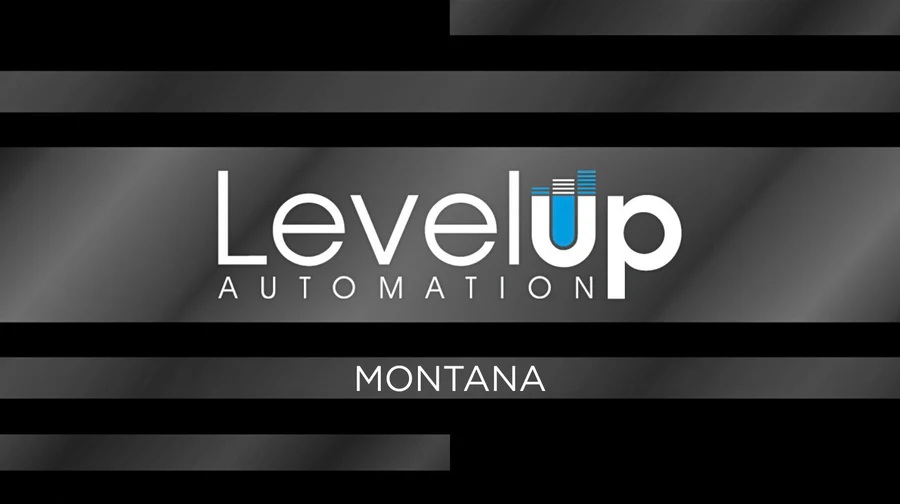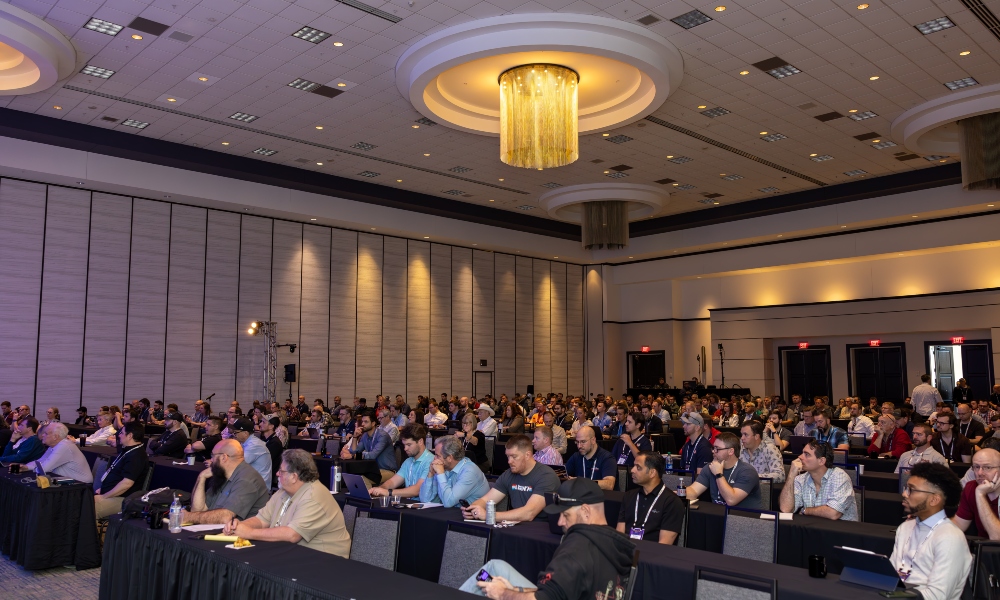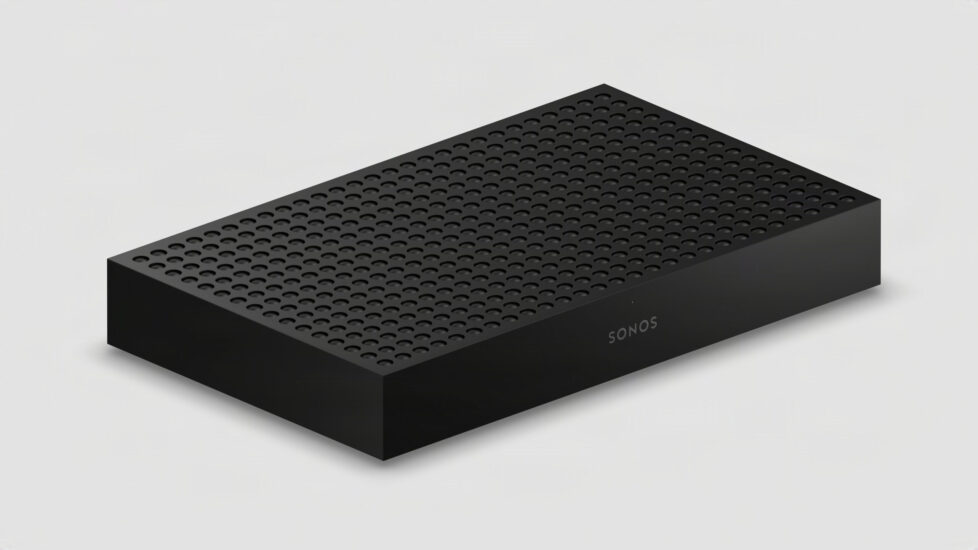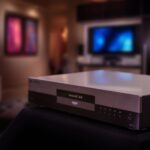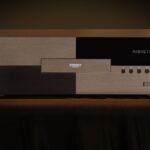The Latest
Filter by Topic
Filter by Type
Level Up Automation Expands into Montana with New Missoula Location
Level Up Automation has expanded into Montana with the launch of a new Missoula location offering residential and…
News January 28Lightapalooza’s New Power Track Aims for a Comprehensive Look at Home Energy
Power and energy management continues to be a salient, if daunting, opportunity for integrators.
News January 28Illuminated Lighting Design Returns to Lightapalooza with Expanded Booth Presence
Designed for “Comfort, Counsel, and Conversation,” the new show floor exhibit aims to offer integrators a chance to…
Briefs January 28How Centralized Control is Increasing Integrator Lighting Revenue
Lighting’s rich revenue opportunities sees “light-adjacent systems” receiving newfound interest as scale-drivers and essential add-ons for projects.
News January 28Sonos Introduces Amp Multi Streaming Amplifier for Large Residential Audio Systems
Sonos debuts Amp Multi, a multi-channel streaming amplifier designed for scalable, multi-zone residential audio installations.
News January 27DMF Lighting Appoints New Marketing Leadership
Stephen Roome moves to Lead Marketing for HK Lighting as Rebecca Lynn joins DMF Lighting to drive integrator…
News January 27ADI to Offer In-Booth, Hands-On Training Sessions During ISE 2026
ADI will hold hands-on training for a wide range of its exclusive solutions right in its booth at…
News January 27K-array to Highlight Residential Audio Portfolio at ISE 2026
New loudspeakers and control platforms will highlight K-array's residential and commercial booths at ISE 2026.
News January 27Kaleidescape Names Parker Greenlund Director of International, Marine Sales
Greenlund formerly worked at KEF where he built and scaled the retail sales organization and key accounts.
Uncategorized January 27